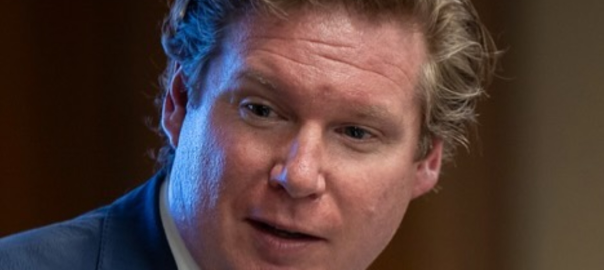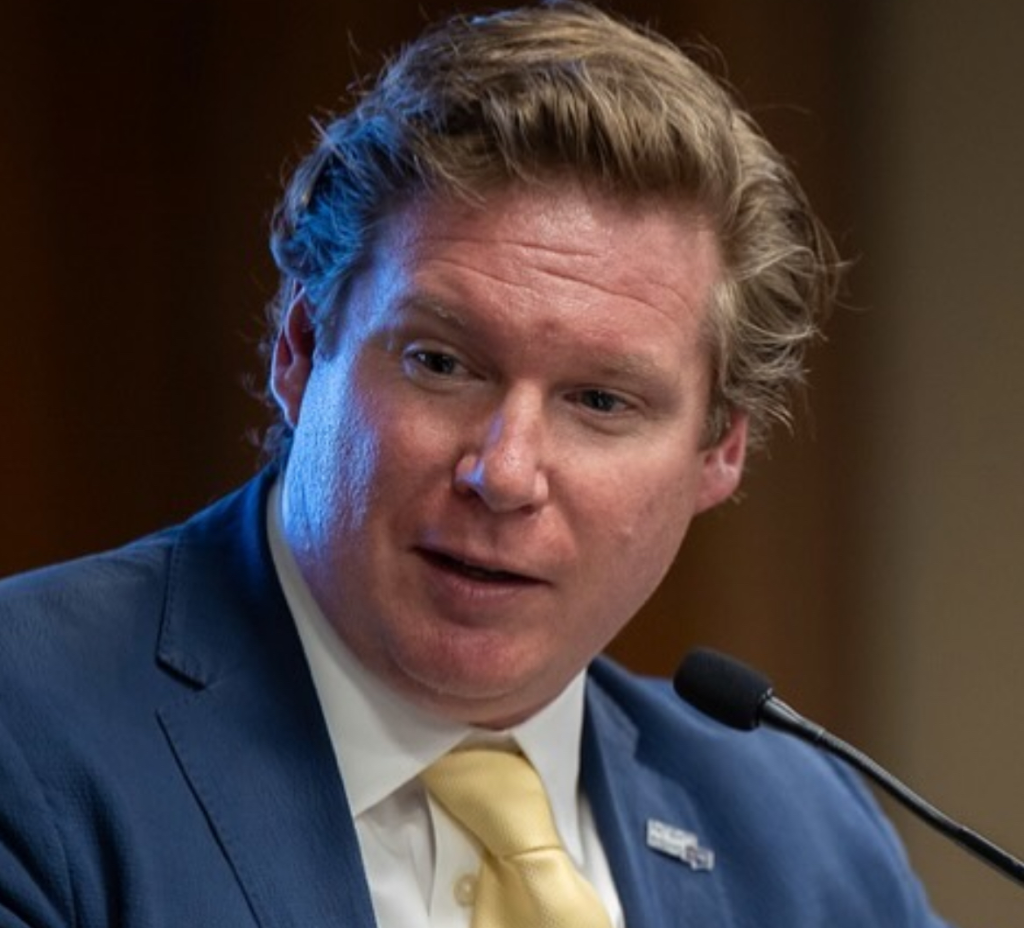
Equitable Access to Modern Eye Care: Why New York Needs Bill S8768/A9902
In a state that prioritizes accessible and affordable healthcare, New York has an opportunity to improve access to critical treatments for Dry Eye Disease (DED). Bill S8768/A9902 proposes a common-sense solution: allowing optometrists to prescribe certain medications, like nasal sprays, for DED. This bill is essential for ensuring equitable access to modern eye care for New Yorkers.
Dry Eye Disease is a chronic condition impacting an estimated 38 million Americans. It causes a range of debilitating symptoms, including irritation, burning, stinging, and blurred vision. Beyond the discomfort, DED can significantly reduce quality of life and even impair daily activities. Patients may struggle to read, work on computers, or wear contact lenses due to persistent dryness and irritation. In severe cases, DED can damage the cornea, the eye’s outermost layer, potentially leading to vision loss.
Thankfully, advancements in DED treatment offer relief. Newer therapies, such as nasal sprays, target the underlying causes of DED, providing significant benefits for patients. These sprays address inflammation and improve tear production, offering long-term relief from symptoms. However, under current New York legislation, only ophthalmologists can prescribe these medications, creating a hurdle for many residents, especially those in underserved areas.
Currently, New York is the only state in the US where DED patients cannot access certain FDA-approved treatments through prescriptions from both ophthalmologists (eye surgeons) and optometrists (primary eye care providers). This limitation disproportionately affects residents who rely on optometrists for their eye care, particularly in underserved areas.
A 2018 study by the New York State Board of Regents identified a critical shortage of eye care providers, particularly ophthalmologists, in upstate regions. Thirteen of the state’s 62 counties have no practicing ophthalmologists, leaving residents with limited access to specialized care.
Bill S8768/A9902, sponsored by Senator Lea Webb and Assemblymember John McDonald, proposes a targeted change. By allowing optometrists to prescribe specifically designated medications, like nasal sprays, for DED, the bill ensures New Yorkers have access to the same level of care available in other states.
Optometrists are qualified healthcare providers with extensive training in diagnosing and managing DED. They are equipped to perform comprehensive eye examinations, assess tear function, and develop treatment plans. Granting them the ability to prescribe certain medications aligns with their scope of practice and serves the best interests of patients. This legislation is a crucial step towards achieving equitable access to modern eye care in New York.
This legislation is supported by leading patient advocacy organizations. More than 20 advocacy organizations have signed on to a letter asking the New York Assembly and Senate Higher Education Committees to pass this bill. These organizations recognize the importance of ensuring patients have access to the most effective treatments for DED. This week the Senate Higher Education committee did pass the bill and we encourage leadership to bring it to the floor for a vote.
A recent KFF poll reinforces the need for improved access to eye care. The poll found that vision services follow only dental care as the top healthcare services adults are likely to delay due to cost. Yet, for many New Yorkers, cost alone is not the only challenge to having access to the best available care and treatments. Current law restricts access to newer therapies, such as nasal sprays, for patients who rely on optometrists for their primary eye care. Bill S8768/A9902 is not just about expanding treatment options; it’s about addressing a growing concern for Americans and ensuring they receive the care they need.
New York prides itself on providing accessible healthcare for its residents. Bill S8768/A9902 is a critical step towards fulfilling that promise for those suffering from DED. By granting optometrists the ability to prescribe modern treatments, the bill ensures equitable access to care, improves patient outcomes, and aligns New York with the national standard for DED management. With so much to gain, supporting Bill S8768/A9902 is the right decision for the health and well-being of New Yorkers.
MacKay Jimeson is Executive Director of Patients Rising, a national organization that seeks to empower patients and restore dignity and personal agency in healthcare.
*sponsored content*

